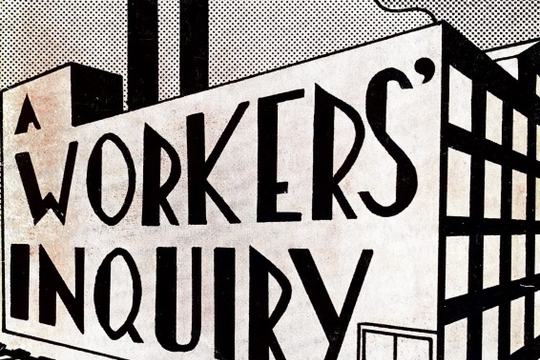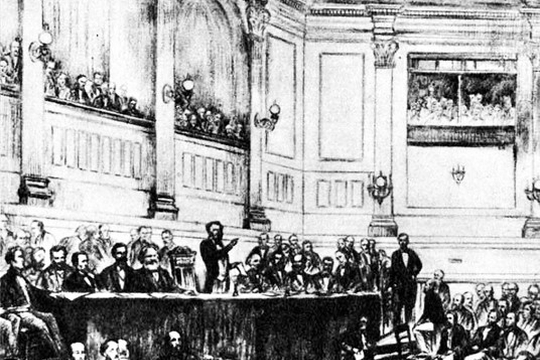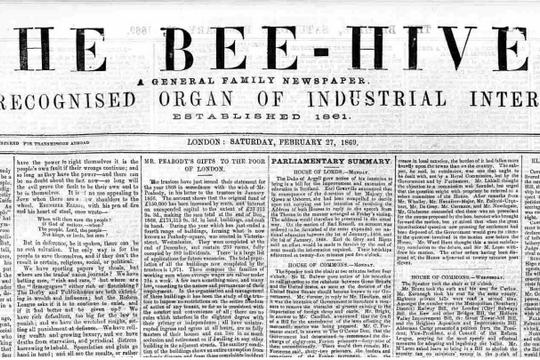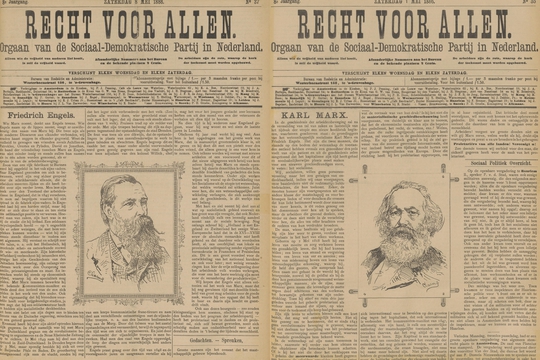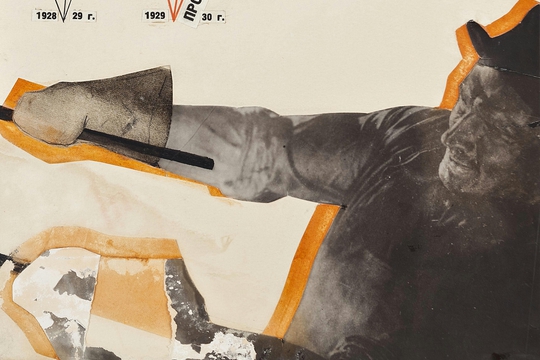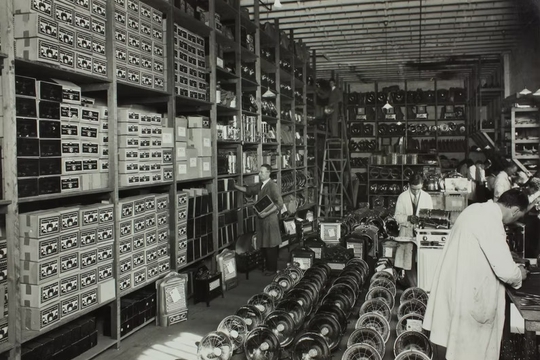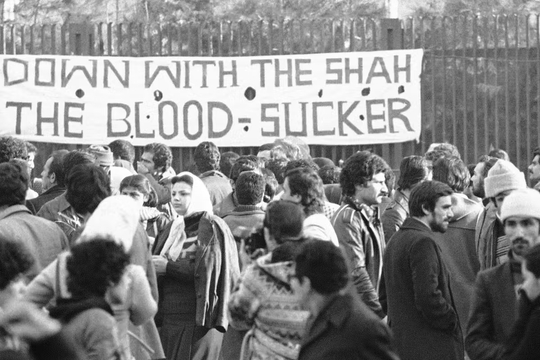Issue 14:
Karl Marx's Workers Inquiry
July 9, 2022
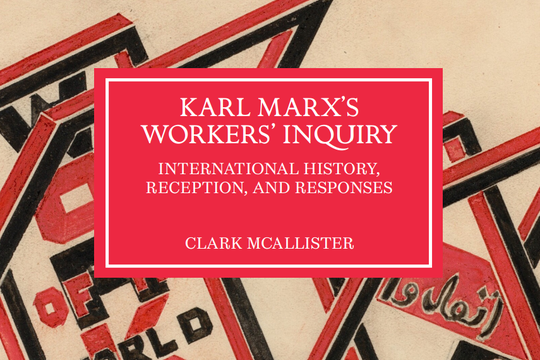
The book is available to buy here
In 1880, Karl Marx composed a 101-question survey that formed the groundwork for a revolutionary methodology: Workers’ Inquiry. Although valued for its conceptual design and practical potential, scholars have agreed that the questionnaire was, in Marx’s own time, an experimental failure: receiving no responses from workers and mostly forgotten.
Assessing substantial archival research, Clark McAllister’s Karl Marx’s Workers’ Inquiry: International History, Reception, and Responses sets out the case for a radical reappraisal of Workers’ Inquiry. This demonstrates its central role within Marx’s political project. Collected and published in English for the first time, this book contains translations and variations of the inquiry from around the world, as well as workers’ original responses to the questionnaire.
Contextualised against Marx’s longstanding push for inquiries through the First International Workingmen’s Association, the text reveals the key role Marx attributed to workers’ inquiry for informing the political strategies of the workers’ movement. For Marx, it was clear: there can be no politics without inquiry.
You can buy a copy of the book here.
The book is available in the following formats:
Each of the chapters are reproduced in this issue of Notes from Below:
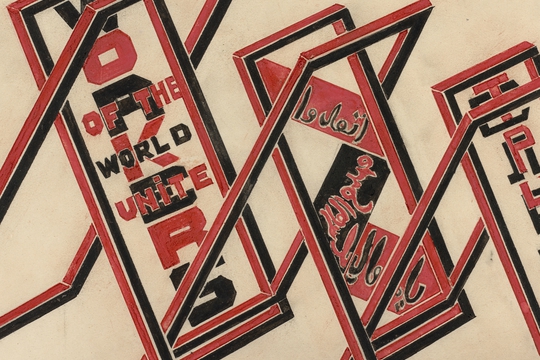
Introduction to Karl Marx’s Workers’ Inquiry
by
Clark McAllister
/
July 9, 2022
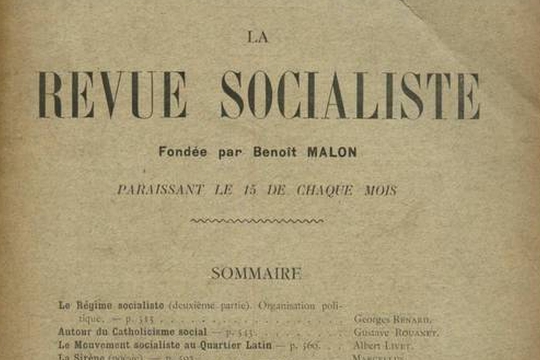
Karl Marx - Enquête Ouvrière (1880)
by
Karl Marx
/
July 9, 2022
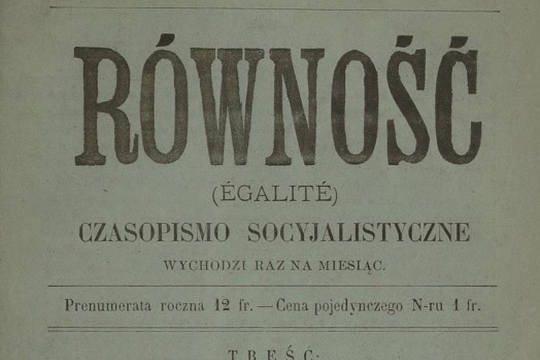
Równość - Kwestyjonaryjusz Robotniczy (1880)
by
Równość
/
July 9, 2022
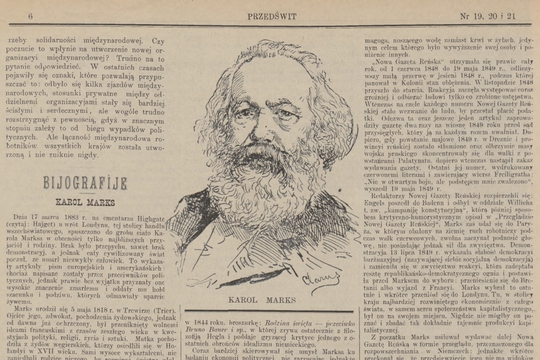
Przedświt - Do Towarzyszy (For Comrades) (1886)
by
Przedświt
/
July 9, 2022
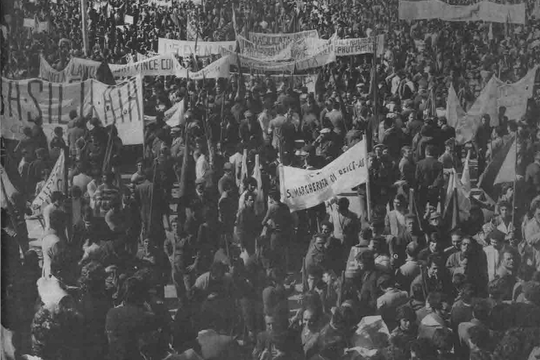
Workers’ Responses to the Inquiry
by
Clark McAllister
/
July 9, 2022

V.I. Lenin - Questionnaire (1894/5)
by
V.I. Lenin
/
July 9, 2022
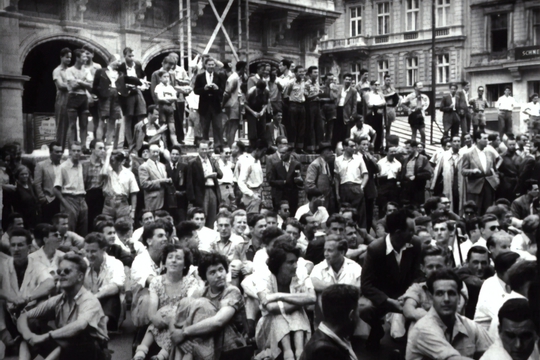
Hilde Weiss - Die “Enquête Ouvrière” von Karl Marx (1936)
by
Hilda Weiss
/
July 9, 2022

New International - A Workers’ Inquiry (1938)
by
New International
/
July 9, 2022
